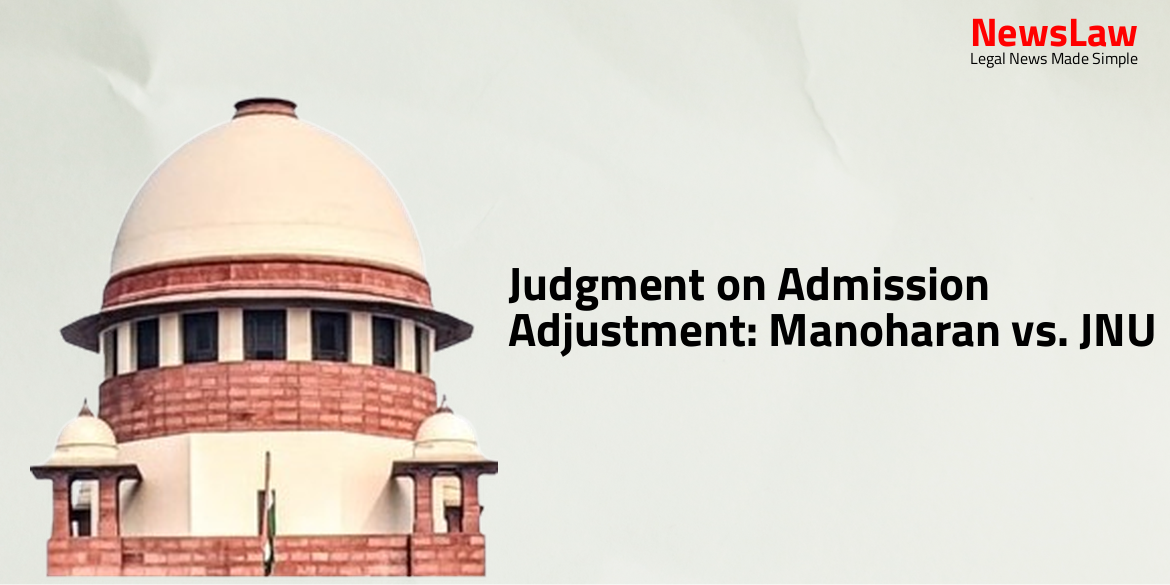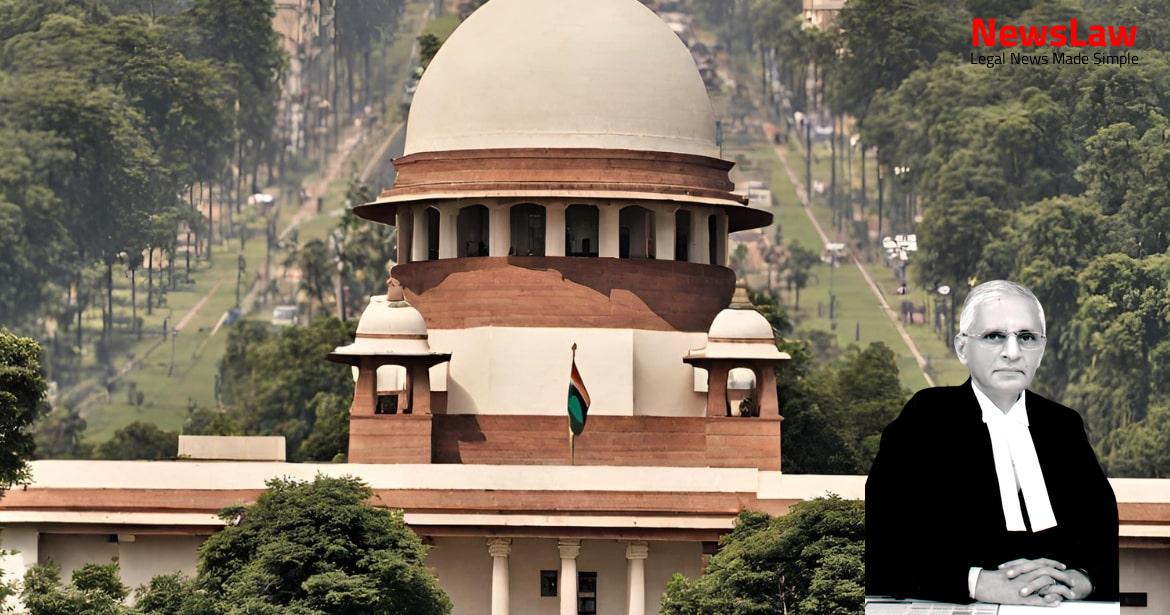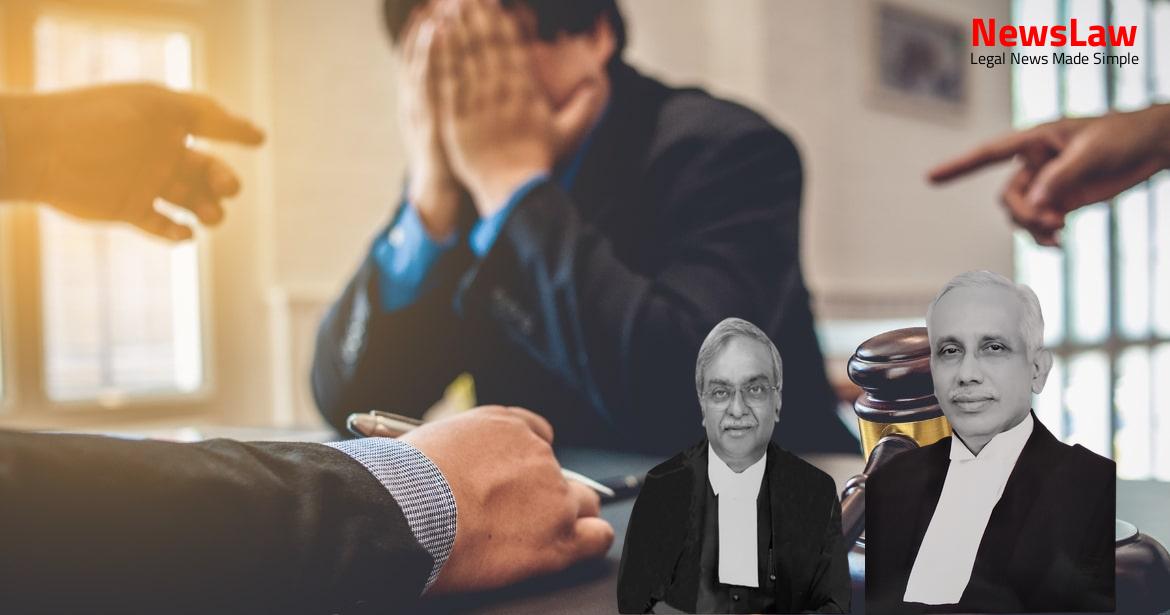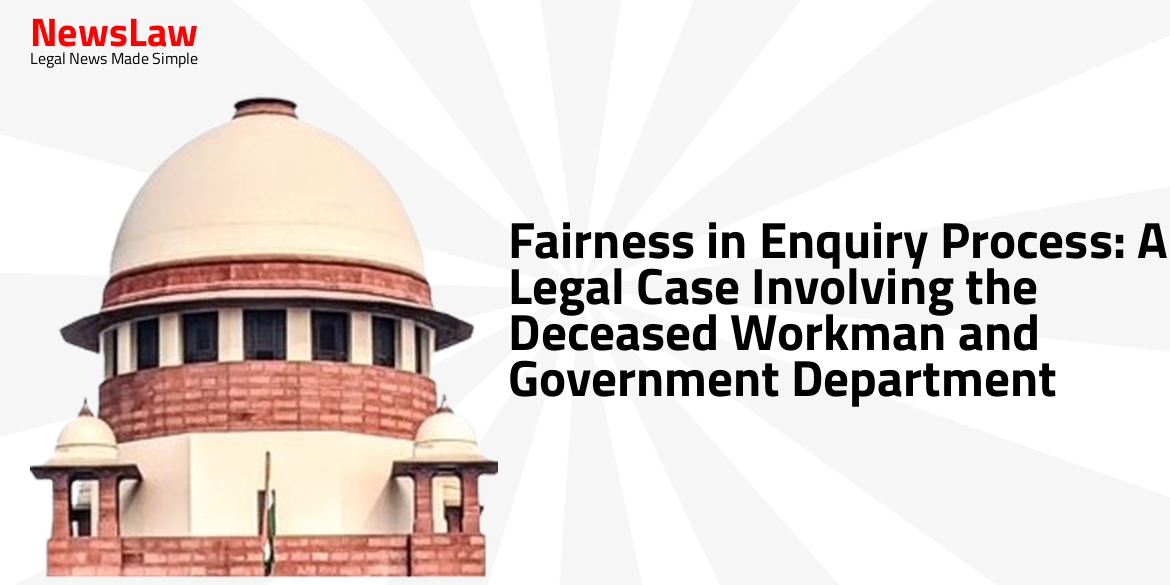The Delhi High Court delivered a significant judgment in the case of Manoharan vs. JNU regarding admission adjustments in Ph.D. programs. The dispute revolves around the petitioner, Mr. Manoharan, seeking admission in the Foreign Nationals category at JNU. The court is tasked with determining the legitimacy of the petitioner’s claim against the distinct categories and regulations governing admissions. This case sheds light on the complexities of educational admissions and the application of regulations in academic institutions.
Facts
- The petitioner enrolled in the five-year BA-MA Programme in Spanish offered by the CSPILAS in 2018.
- The petitioner was not selected for the programme as there was only one UR category seat.
- The petitioner appeared for the written test and viva voce for entrance into the Ph.D. program in Spanish at CSPILAS and secured fourth merit in UR category.
- The merit list for the Ph.D. program in Spanish at CSPILAS was released on 13 January 2024.
- The advertisement specified one UR seat, one seat for a foreign national through entrance examination, and two seats for foreign nationals in absentia for the Ph.D. program.
- The admission to Ph.D. programs in JNU is through a Computer Based Test (CBT).
- The petitioner, being from the UR category, could not secure admission to the Ph.D. program initially, and later desired to enroll for the program.
Arguments
- The petitioner, Mr. Manoharan, seeks admission to the Ph.D. program at JNU in the Foreign Nationals category.
- The contention is that as the first candidate in the UG category after those who secured admission, he should be adjusted against the unfilled seats in the Foreign Nationals category.
- The JNU argues that Foreign National candidates are in a class by themselves and cannot be interchanged with other categories.
- The seats under the Foreign Nationals category are supernumerary and meant for foreign nationals only.
- The 2022 UGC Regulations place a cap on the number of scholars a supervisor can guide, including international research scholars.
- The petitioner’s claim to adjust against the unfilled Foreign Nationals seats is rejected based on the distinct categories and the applicable regulations.
- The JNU’s stance is supported by precedents and the principle that vacancies in educational institutions should not be filled at the whims of the candidates.
- The petitioner argues that the rules governing the Ph.D. program in Spanish at CSPILAS do not provide for such adjustments.
- The court is called upon to determine whether the petitioner can rightfully claim admission in the Foreign Nationals category.
- The arguments revolve around the distinction between different categories of scholars and the principles governing admissions in educational institutions.
- Allowing such a practice may breach Regulation 6(3) read with Regulation 8.
- Adjusting a general category Ph.D. scholar against a supernumerary seat for an International Research Scholar may exceed the maximum number of scholars a supervisor is allowed to supervise.
- Mr. Manoharan argued that there is no confirmation that all Ph.D. supervisors are adhering to the maximum number of scholars allowed as per regulations.
Analysis
- The seats reserved for Foreign Nationals are supernumerary.
- The judgment in Manmeet Kaur Sareen pertained to LL.B. admissions at the University of Delhi.
- The Single Judge in those cases deemed a proscription against a certain instruction illegal.
- Regulation 7(1) allows for the supervision of 2 International Research Scholars on a supernumerary basis.
- The petitioner’s request to be adjusted against unfilled Foreign National seats lacks substance.
- Notified vacancies for Foreign National scholars cater to two additional supernumerary scholars per supervisor.
- Professors can guide up to 8 Ph.D. Scholars and 2 additional International Research Scholars.
- Supernumerary posts exceed the usual prescribed number.
- None of the cited decisions by Mr. Manoharan pertain to supernumerary category seats.
- The Regulations don’t allow a Ph.D. scholar who isn’t an ‘International Research Scholar’ to be supervised.
- Reasons for the petitioner not being accommodated against unfilled Foreign National seats are outlined in the counter-affidavit.
- Cases like M. Shravana Kumar and Hari Singh Nalwa Trust differ in content from the present case.
- The scheme treats the seats reserved for Foreign Nationals as supernumerary.
- Regulation 7(1) pertains to guiding Foreign Nationals, while Regulation 6(3) governs other Ph.D. scholars.
- The entitlement to guide Foreign Nationals is separate from guiding other Ph.D. scholars.
- Clause 6.3 of the admission policy is referred to by Mr. Manoharan.
- There is no directive in these cases to accommodate lower merit candidates against supernumerary category vacancies.
- The Foreign National vacancies fall under a supernumerary category as per the 2022 UGC Regulations.
- Clause 6(3) establishes a cap on the number of Ph.D. Scholars a Professor/Associate Professor/Assistant Professor can guide.
- The High Court held that the statement made by Asha Kumari was not relied upon in the decision-making process.
- It was observed that the said statement was general in nature and did not specifically allege any wrongdoing.
- The Court found no concrete evidence or material to support the allegations mentioned in the statement.
- As a result, the Court did not give any weightage to Asha Kumari’s statement in reaching its decision.
- Clause 6.3 clarifies that unfilled seats in a particular merit list must be offered to candidates next in merit to block the remaining 25.
- The clause cannot be used to argue for admission of a non-Foreign National candidate against unfilled Foreign National seats.
- The judgment dismisses the writ petition as it lacks substance.
- No costs are awarded in the dismissal.
- The clause does not support the petitioner’s case as it pertains to Foreign National candidates, not general category candidates.
Case Title: SATWIK RAJ Vs. JAWAHARLAL NEHRU UNIVERSITY AND ANR. (2024:DHC:3863)
Case Number: W.P.(C)-1135/2024



